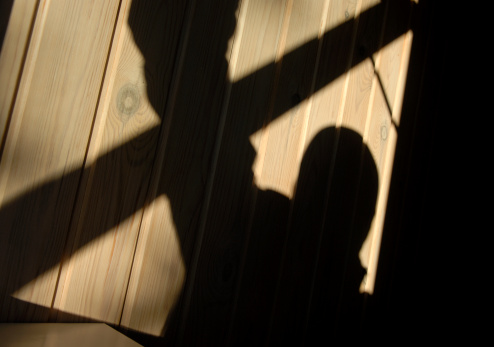On this day in 2008, the United Nations Security Council adopted resolution 1820 declaring that rape and other forms of sexual violence could constitute “a war crime, a crime against humanity, or a constitutive act with respect to Genocide”. For countries such as Rwanda, which have experienced conflict and its devastating consequences, this was a major step forward.
The 1994 Genocide against the Tutsi saw over 1,000,000 men, women and children slaughtered in a 100 days. Of those who survived, many endured torture and public humiliation, often in the form of rape and sexual assault.
Between 250,000 and 500,000 women were systematically raped, with the additional intent to infect them with HIV. The result was, approximately 67 percent diagnosed as HIV+, and an estimated 20,000 children born of these mass rapes.
READ MORE | Rwanda’s Gorillas Have Figured Out Where To Find Their Sodium Fix. But It’s Dangerous
Twenty-five years later Rwandans have worked hard to pick up the pieces, and continue efforts to build a country its citizens can be proud of. A healthy foundation is now in place, upon which future generations will stand, to shape an increasingly secure, peaceful and prosperous nation. Slowly but surely, Rwanda is healing.
For survivors of rape, who in many ways carry a double burden, the journey of healing is more complex, filled with pain that most struggle to keep buried and forgotten.
Beyond the physical damage they suffered, these women and girls – and in some cases, men and boys – continue to suffer from severe mental wounds that stripped them of their dignity, leaving them feeling like lesser human beings.
For true healing to occur, we must create and promote a conducive environment where survivors can live dignified lives, unbound by crippling thoughts and the helplessness brought about by their ordeals.
Efforts must be pooled from the highest levels of leadership to the grassroots, to establish safe spaces that allow each victim and survivor of rape to heal, reconnect and reintegrate with the right support and at their own pace.
Even more so, as survivors have to live next to perpetrators, as many of them remained in their original communities; while the most notorious, will soon be returning to their homes, after serving their sentence.
In my experience working with survivors of rape in Rwanda, I have seen first-hand the miracles that can occur when survivors’ individual healing journeys are not brushed away, forced or ridiculed, but simply enabled.
One particular story stands out in my mind, is that of Suzanne, a woman I met through my work with ABASA, an association of genocide and rape survivors.
READ MORE | Young women in Soweto, South Africa, say healthy living is hard. Here’s why
During the Genocide against the Tutsi, Suzanne, who was 58 years of age, was raped for several days by militia, some of whom were her neighbours. Suzanne suffered severe injuries, both physical and mental. When I first met her, she had no control of her bodily functions, let alone her life. She had been in and out of hospitals, with no lasting solution to her medical problems.
My organisation, Imbuto Foundation, supports the women of ABASA by facilitating their access to HIV treatment and providing psychosocial and financial support. We ensured that Suzanne received quality treatment and surgery at a reputable hospital, and stayed close to her throughout her recovery. As result, she is now a strong and healthy citizen, whose experience of the Genocide is no longer a physical mark, left for all to see.
Every individual story like Suzanne’s, and that of thousands of Rwandan women raped publicly, and taken to what was known as ‘Maison des Femmes’ only to be abused by countless men, underline the vital importance of recognising rape in conflicts as a weapon of destruction.
More than that, it is a call to the international community to:
- take bold steps by bringing to justice those who are still on the run;
- mobilise solidarity, responsibility and resources to enable the healing and reintegration of rape victims.
For Rwanda, especially during this Kwibuka (Genocide Commemoration), a quarter of a century later, it is a call to acknowledge survivors of rape as true heroines and heroes of our history, and to strip rape of its cruel power.
For all of us, men and women, it is a call to become part of the solution.
READ MORE:
- 2018 African Of The Year – President of Rwanda Paul Kagame
- Noëlla Coursaris Musunka The Trailblazer In The Congo
- Ravaged by Ebola and War, Congo Named Most Neglected Crisis of 2018
–This is an opinion piece by First Lady of the Republic of Rwanda, Jeannette Kagame, looking at the importance of enabling healing for rape victims and survivors, in line with the anniversary (19 June 2019) of UN Security Council Resolution 1820, recognising rape as a war crime.
